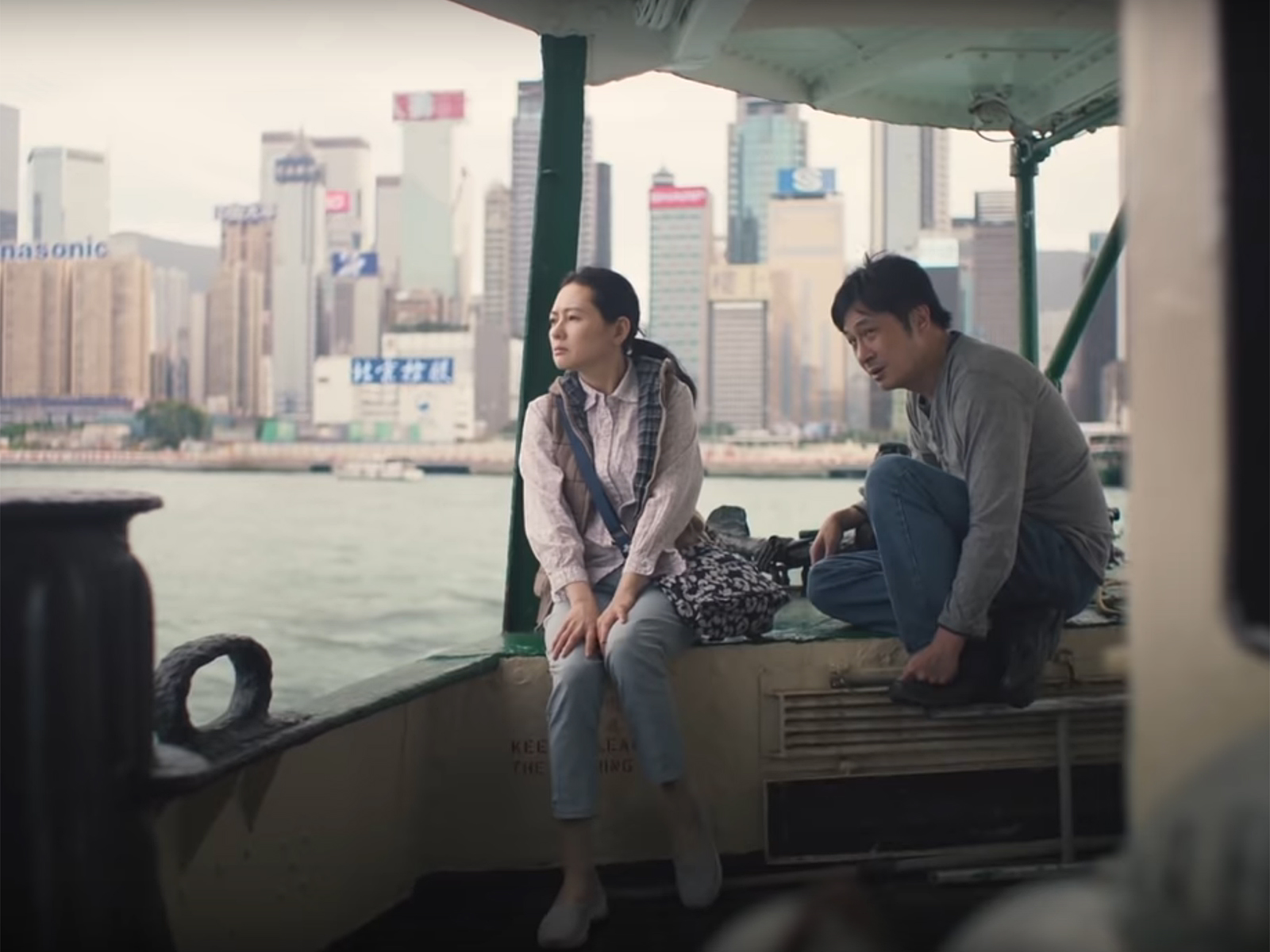
- Film
New Asian Cinema: Drifting
The recent box office success Godzilla vs. Kong encapsulates the vibrancy and prosperity of Hong Kong, a city that has been featured in Hollywood blockbusters such as Ghost in the Shell, Tomb Raider, Pacific Rim and many more.
Through these films, audiences around the world get to see an alluring and thriving harbor of wealth. However, Hong Kong is also facing its worst homelessness epidemic of the century. The surging unemployment rate, the increasing wealth gap and waves of social riots against China’s ruling have inspired local directors to capture the struggles and stigma of being homeless in one of the world’s richest cities.
From Jacob Cheung’s Cageman (1992) and Ann Hui’s Ordinary Heroes (1999) to Oliver Siu Kuen Chan’s Still Human (2019), films about the shocking poverty in Hong Kong often serve as social critiques through a microcosm of the city. Due to the realism and depressing visuals embraced by these films, collectively they have acquired a reputation as “Poverty Porn.”
This year, 29-year-old HK filmmaker Jun Li released his second feature, Drifting, a narrative film shot during the period of the Anti-Extradition Law Amendment Bill Movement of Hong Kong. The film centers on a newly out-of-jail Hongkonger, Fai (Francis Ng), who finds new comrades among a group of homeless people. They take him in and find him a spot to settle at a street corner. But before Fai gets back on his feet, the police toss his only possessions into a garbage truck and evict him out of the street, to keep city streets in order. Drifting from one street to another, Fai and his homeless friends see no future but only growing despair and boiling anger, until they meet a young social worker, Ho (Cecilia Choi), who is determined to find justice for the homeless in court.
Award-winning Hong Kong director-cinematographer Leung Ming Kai helmed the film’s cinematography. Most of the principal photography takes place in Sham Shui Po, viewed as “a slum” by Fei. Without glamorizing Hong Kong’s skyscrapers, Leung’s choice of diagonal compositions provides a constant reminder of the film’s protagonist’s marginalized life under elevated bridges. Besides artistic visual approaches, static and calm shots also reveal an overwhelming surveillance system installed by the government and the police force.
Following a traditional storytelling structure of three acts, Jun Li cast a diverse and talented team of actors who elevated the film to a visceral level. The film’s lead, Francis Ng, one of Hong Kong’s most popular working actors, has shown his range of performances through his three decades of an acting career. Ng gained his fame through portraying stereotypical villain characters in TV series such as The Price of Growing Up and The Final Combat. He showed his comic side in bigger commercial productions like Stephen Chow’s Flirting Scholar. Having worked with A-list directors such as Jonnie To and Andrew Lau, Ng garnered 4 nominations for Best Actor at the prestigious HK Film Awards but never won. In Drifting, Francis Ng shows the hopelessness of an ex-convict with drug addiction without being melodramatic. His performances might lead him to a long-overdue Best Actor award.
Though Jun Li has only directed two features, this is not the first time he has tackled serious social phenomena. His short film, Liu Yang River, tells a story about the social aftermath of China’s Cultural Revaluation through a love story between two mainlanders who later met in Hong Kong. The short won the Grand Prix and Best Director Award at the 11th Fresh Wave International Short Film Festival. Li’s feature debut Tracey focuses on the transgender community in Hong Kong. The film’s lead actor Ben Yuen won a Golden Horse Award for his portrayal of a transgender singer.